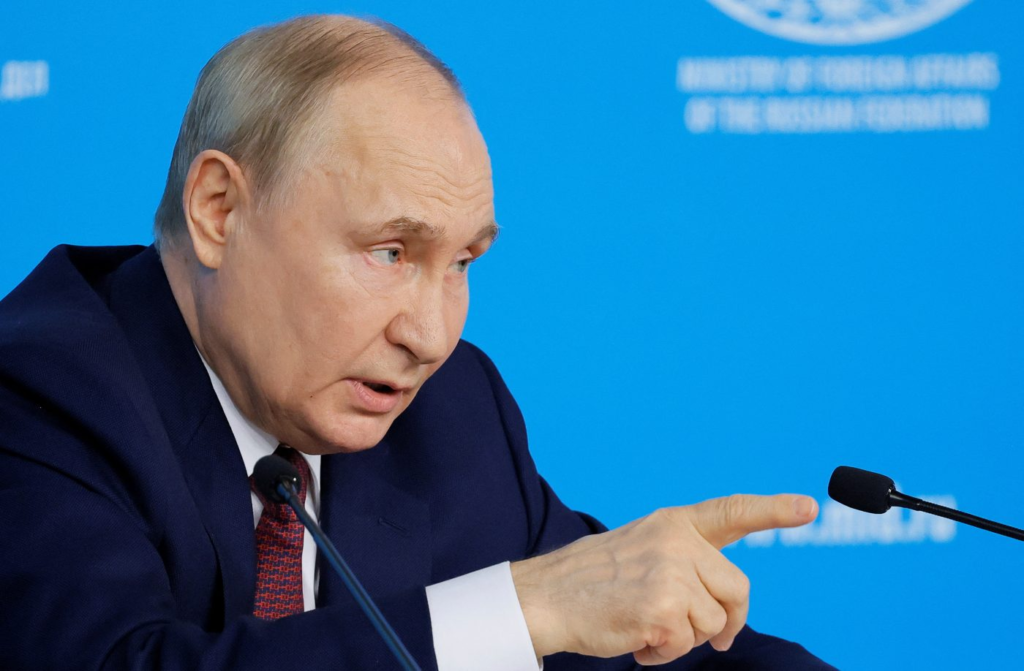Russia has said it is closely monitoring developments in Nigeria following comments by United States President Donald Trump suggesting possible American military intervention in the country.
Speaking at a press briefing in Moscow on Friday, Russian Foreign Ministry spokeswoman Maria Zakharova said her government was “closely observing the situation” and urged all sides to act responsibly and within the bounds of international law.
“We are closely monitoring this issue and call on all parties involved to strictly comply with international legal norms,” Zakharova told reporters in response to a question from Anadolu News Agency.
The remarks came after Trump claimed he had directed the Pentagon to prepare “options for possible military measures” against terrorist groups in Nigeria, citing the protection of Christian communities as the motive.
READ ALSO: US lawmakers praise Trump for reinstating Nigeria’s ‘country of particular concern’ status
On 1 November, Trump posted on his Truth Social platform that Christianity in Nigeria was facing an “existential threat” from radical Islamist groups, alleging that “thousands of Christians are being killed.”
“Radical Islamists are responsible for this mass slaughter. I am hereby designating Nigeria a ‘country of particular concern,’” he wrote, adding that the United States “cannot stand by while such atrocities are happening.”
Trump also urged members of Congress, including Congressman Riley Moore and House Appropriations Committee Chairman Tom Cole, to investigate the situation and report their findings.
In response, the Federal Government of Nigeria dismissed the claims, with President Bola Tinubu reaffirming that Nigeria “upholds religious freedom and protects the rights of all faiths.”
Russia’s reaction underscores growing international concern over the potential fallout from Trump’s statements, which have sparked a wave of criticism from Nigerian political, religious, and civil society leaders.
Moscow’s appeal for restraint adds a new dimension to the escalating diplomatic tension, with analysts warning that any unilateral military move by Washington could trigger a broader geopolitical confrontation.



